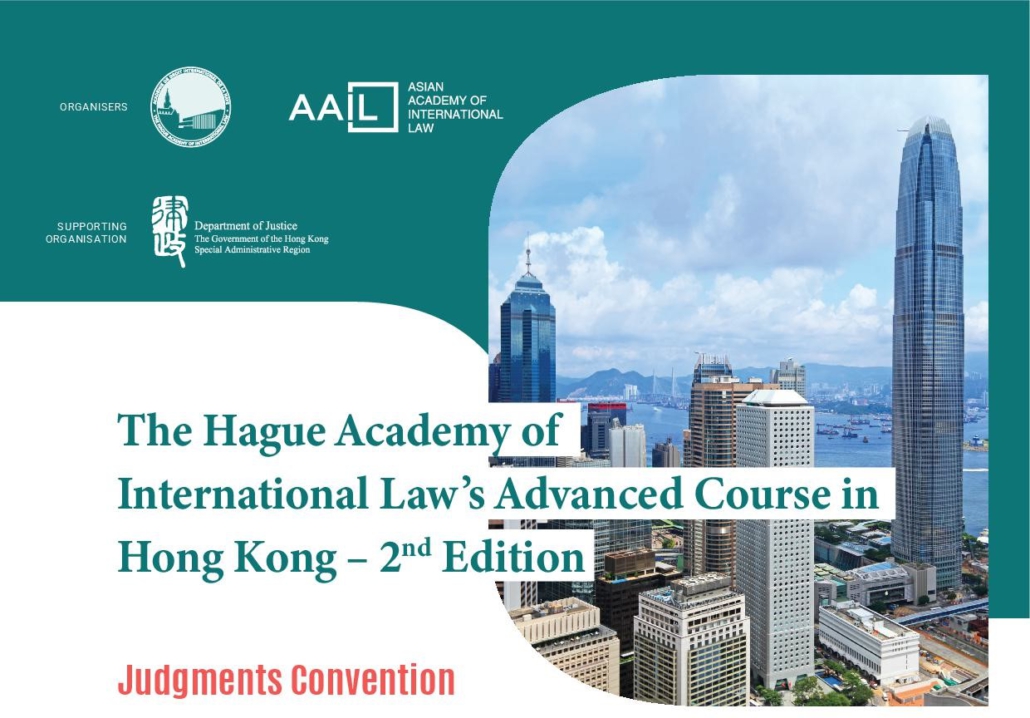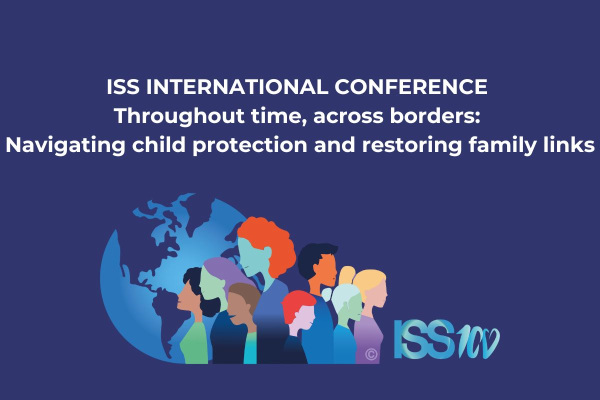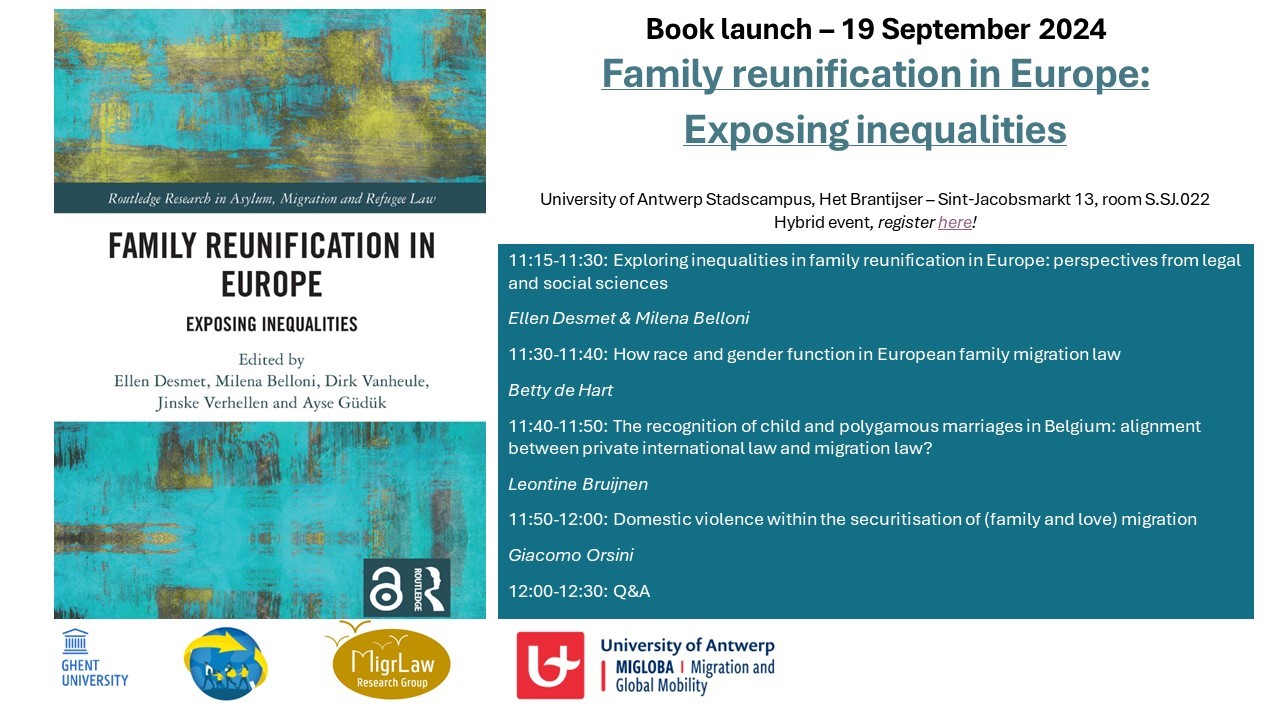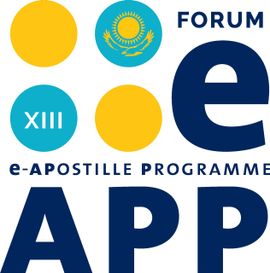The Centre for Private International Law at the University of Aberdeen published its newest blog post series in early August. This series is based on the keynote speeches and panel discussions from the 2024 PAX Moot Half Day Conference, held on 26 April 2024 in Ljubljana. The insightful event was co-organised by the Centre for Private International Law of the University of Aberdeen, the Faculty of Law of the University of Ljubljana, and the PAX Moot Project, co-funded by the European Commission.
The conference, titled ‘Private International Law in Dispute Resolution,’ brought together leading experts to explore the evolving landscape of private international law and its role in resolving cross-border disputes. Throughout the series, the speakers reflected on their key themes and the discussions that emerged from the event, providing practical insights that can be applied in real-world scenarios.
The first post brings you Professor Ronald Brand’s opening keynote speech on drafting choice of court and arbitration agreements, exploring private international law points from a transaction planning perspective.
The second post, Business and Human Rights Litigation and Private International Law, highlights findings shared by panellists on sustainability and private international law, and human-rights-related torts in the private international law of the European Union.
The third post, The Law Applicable to the Arbitration Agreement, will deliver on the legal complexities and considerations in determining the applicable law for arbitration agreements, especially in light of the latest amendments to the 1996 English Arbitration Act.
Finally, the fourth post provides a new perspective on the impact of globalisation on private international law, arguing that the so-called neutrality of private international law is becoming a fiction embedded in a very specific liberal and Eurocentric worldview.




 The
The